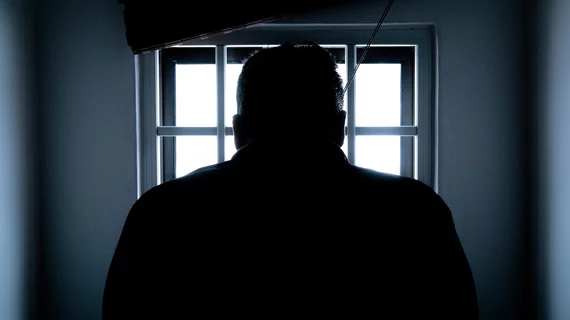Lab owner confesses to $359M fraud involving COVID tests
Another lab owner has pleaded guilty for participating in a conspiracy that exploited federal programs during the COVID-19 pandemic, this time for fraudulently billing tests in excess of $359 million, according to a statement from the U.S. Department of Justice.
Lourdes Navarro, 64, of California admitted to a charge of conspiracy to commit healthcare fraud and wire fraud, confessing to billing Medicare and other insurance—including the federal program protecting the uninsured—for unnecessary COVID-19 tests for nearly two years. She could face up to 20 years in prison, federal prosecutors said.
Navarro and her husband, Imran Shams, 65, owned and operated Matias Clinical Laboratory (sometimes called Health Care Providers Laboratory) in Glendale, CA. The lab was responsible for processing “expensive and medically unnecessary respiratory pathogen panel (RPP) tests” for schools, provider practices, nursing homes, rehabilitation centers and other healthcare facilities, the DOJ says.
The DOJ contends Navarro inflated reimbursements by including claims for tests that providers and facility administrators never requested. They say that, of the $359 million billed, Navarro and her husband were reimbursed approximately $54 million.
According to coverage from the Los Angeles Times, citing a statement from Navarro’s attorney, the government does not dispute that actual COVID-19 tests were performed, and that her plea agreement was “conditional,” meaning she reserves the right to challenge the legality of the RRP testing.
The statement from the DOJ does not provide any specifics on the number of fraudulent or legitimate tests conducted.
As a result of the same investigation, Shams has already admitted to conspiracy to commit healthcare fraud for his role. He is scheduled to be sentenced on Jan 9 and could also face up to 20 years in prison, according to the DOJ.
Navarro is scheduled to be sentenced Jan. 23.

